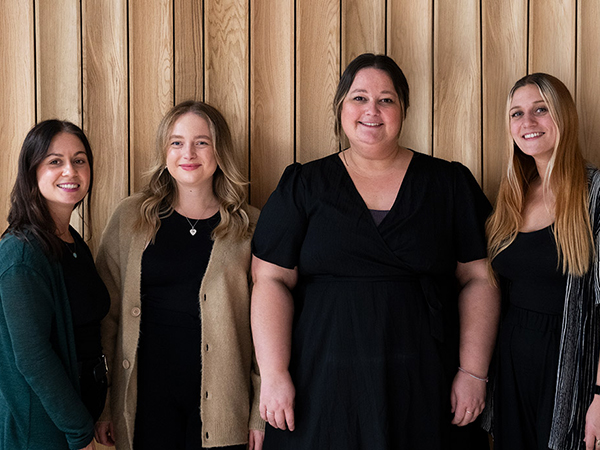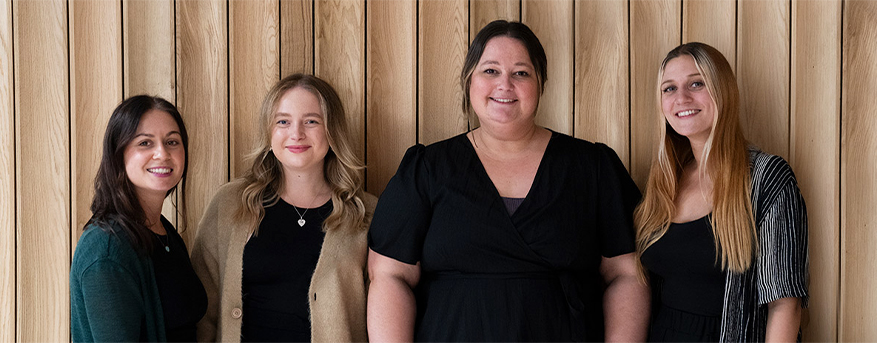Things to see & do in Mexico City
Mexico's capital is one of the largest and most exciting cities on the planet. Located in the empty basin of Lake Texcoco, Ciudad de México was once Tenochtitlan, the island capital of the Aztec Empire. Following the Spanish conquest in 1521, the lake surrounding was drained and the city rebuilt on a Roman-style grid system. Each neighbourhood was interspersed with plazas, parks, cobbled streets and Catholic churches, many of which were built on the site of Aztec temples.
Boroughs such as Coyoacán, where conquistador Cortés originally settled, hold great historic significance. However, evidence of the Aztecs in modern Mexico City is in short supply. The ruins of Templo Mayor – the main temple of Tenochtitlan – were discovered in the late 1970s and are all that remains of the Aztec Empire. You can visit the Templo Mayor and its museum in the Centro Histórico. What was once the Aztecs’ ceremonial centre today contains the largest plaza in Latin America, El Zócalo, plus a multitude of UNESCO-listed palatial properties and fabulous façades. From the Centro Histórico, an efficient and affordable Metro system extends across the city, and five pesos (about 20p) will buy you a one-way journey to almost 200 Metro stations.
Our small group and tailor made holidays that visit Mexico City will include guided tours of the metropolis with local guides, and offer an excellent means of getting orientated before you head off to explore independently. Once you’ve got your bearings you’ll have access to everything from gondola rides and live mariachi performances on the canals of Xochimilco, to the Sunday morning bohemian markets and cantina culture of Coyoacán.
Boroughs such as Coyoacán, where conquistador Cortés originally settled, hold great historic significance. However, evidence of the Aztecs in modern Mexico City is in short supply. The ruins of Templo Mayor – the main temple of Tenochtitlan – were discovered in the late 1970s and are all that remains of the Aztec Empire. You can visit the Templo Mayor and its museum in the Centro Histórico. What was once the Aztecs’ ceremonial centre today contains the largest plaza in Latin America, El Zócalo, plus a multitude of UNESCO-listed palatial properties and fabulous façades. From the Centro Histórico, an efficient and affordable Metro system extends across the city, and five pesos (about 20p) will buy you a one-way journey to almost 200 Metro stations.
Our small group and tailor made holidays that visit Mexico City will include guided tours of the metropolis with local guides, and offer an excellent means of getting orientated before you head off to explore independently. Once you’ve got your bearings you’ll have access to everything from gondola rides and live mariachi performances on the canals of Xochimilco, to the Sunday morning bohemian markets and cantina culture of Coyoacán.
Staying safe in Mexico City
As with any major city, common sense is important. Keep valuables out of sight, stick to areas where there are more people – such as the 21 Barrios Mágicos (culturally historic neighbourhoods), and avoid walking alone late at night. The Metro can get very busy at rush hours and at weekends but it is also the most efficient means of getting around during the day. Stick to carriages with lots of passengers; women-only carriages are at the rear of trains. Your guide or tour leader will show you how to buy tickets and follow the Metro map. Learning a few words of Spanish will help a lot; not only with directions but you’ll also be seen as making an effort to engage with, and respect, local people.Where to go in Mexico City
Set around El Zócalo, the largest pedestrianised plaza in Latin America, Mexico City's Centro Histórico boasts a bounty of UNESCO-listed buildings on near enough every block. The Zócalo is more than capable of holding upwards of 50,000 people so it's impossible to miss. The National Palace (containing the offices of the Mexican President), the 16th century Metropolitan Cathedral and the Templo Mayor Aztec ruins and corresponding museum, are all within walking distance of the Zócalo. A guided walking tour of the Centro Histórico is most enjoyable early in the morning, before the crowds descend.
The historic borough of Xochimilco, 30km south of the Centro Histórico, is a canal district. Venice this is not; however, step aboard a colourful 20-seater wooden gondola – a trajinera – and you'll be transported into a floating world of fiestas, markets and live mariachi music. Xochimilco is a UNESCO World Heritage Site and can get busy, so grab your sombrero and Spanish phrasebook and get ready to go with the flow.
Coyoacán is one of Mexico City's oldest boroughs, around 10km from the Zócalo. Villa Coyoacán is the historic zone, with narrow, cobblestone streets leading to public squares such as Plaza (Jardín) del Centenario and Plaza Hidalgo. This gentrifying borough comes alive at weekends with local families and tourists making the most of green spaces, bohemian cafés, second hand book stores and old school cantina vibes. Don’t miss the coyote statues playing in the Fuente de los Coyotes in Jardín del Centenario. Coyoacán is believed to mean ‘place of the coyotes’ in Nahuatl.
Anyone with even a passing interest in Mexico's ancient Aztec ancestry should consider a trip to the Teotihuacán pyramids, around 40km northeast of the city centre. This incredibly important site features twin temples – the Pyramid of the Sun (the third largest ancient pyramid in the world) and the Pyramid of the Moon – that are connected by a wide walkway, known as the Avenue of the Dead. Find out more about Mexico's colonial heritage in 18th century silver mining town of Taxco and the historic Plaza de Armas and Palacio de Cortés in Cuernavaca, across the Sierra Madre Mountains. All of these sites are easily accessible on organised daytrips from Mexico City.
Mexico and Yucatan Peninsula holiday
The land of the Aztec, Zapotec and Maya civilisations
From
£3995 to £4999
21 days
ex flights
Mexico highlights holiday, tailormade
Tailormade slow travel visiting the best of Mexico
From
£3900 to £4200
23 days
ex flights
Mexico small group holiday, culture & beach
2 week discovery Mexico's Aztec, Zapotec & Mayan cultures .
From
£1148 to £2480
15 days
ex flights
Mexico small group holiday, a food adventure
Get an authentic taste of Mexico on this 8 day tour
From
£1778 to £2280
9 days
ex flights
Highlights of Mexico small group holiday
Get an introduction to Mexico on this whistle-stop tour
From
£1675 to £2199
9 days
ex flights
Highlights of the Yucatan Peninsula tour
Highlights of Mexico's Yucatan Peninsula
From
£2111 to £3175
8 days
ex flights
Contact Us

Call us for a chat about our holidays. We are happy to discuss your holiday and help in any way we can. No bots, queues or awful hold music.
01273 823 700
Call us until 6pm
Calling from outside the UK

How to visit Mexico City
If you visit Mexico City during a small group Mexico holiday, your accommodation, walking tours and optional day trips to the Teotihuacán pyramids will all be organised in advance. Your tour leader will help you navigate the Metro system and get you orientated. You’ll have free time to explore alone, or team up with other travellers – particularly handy if you have shaky Spanish or are nervous about negotiating a city of this size by yourself.
After exploring the capital, your tour might continue on to Puebla, Oaxaca or the Pacific Coast, or perhaps the Yucatán Peninsula and into Belize and Guatemala.
A tailor made tour of Mexico puts you in charge of how long you’d like to spend at each location, including Mexico City. We’d recommend spending two or three nights here. You’ll be met at the airport and taken to a centrally located hotel. You'll be invited on a guided tour of the Centro Histórico district and have the opportunity to join a small group on an excursion out of town to the Teotihuacán pyramids or on a full day guided excursion to the colonial towns of Cuernavaca and Taxco. From there you're free to fly onwards to other regions of Mexico; you’ll meet local guides or perhaps drivers in each new place.
After exploring the capital, your tour might continue on to Puebla, Oaxaca or the Pacific Coast, or perhaps the Yucatán Peninsula and into Belize and Guatemala.
A tailor made tour of Mexico puts you in charge of how long you’d like to spend at each location, including Mexico City. We’d recommend spending two or three nights here. You’ll be met at the airport and taken to a centrally located hotel. You'll be invited on a guided tour of the Centro Histórico district and have the opportunity to join a small group on an excursion out of town to the Teotihuacán pyramids or on a full day guided excursion to the colonial towns of Cuernavaca and Taxco. From there you're free to fly onwards to other regions of Mexico; you’ll meet local guides or perhaps drivers in each new place.





























